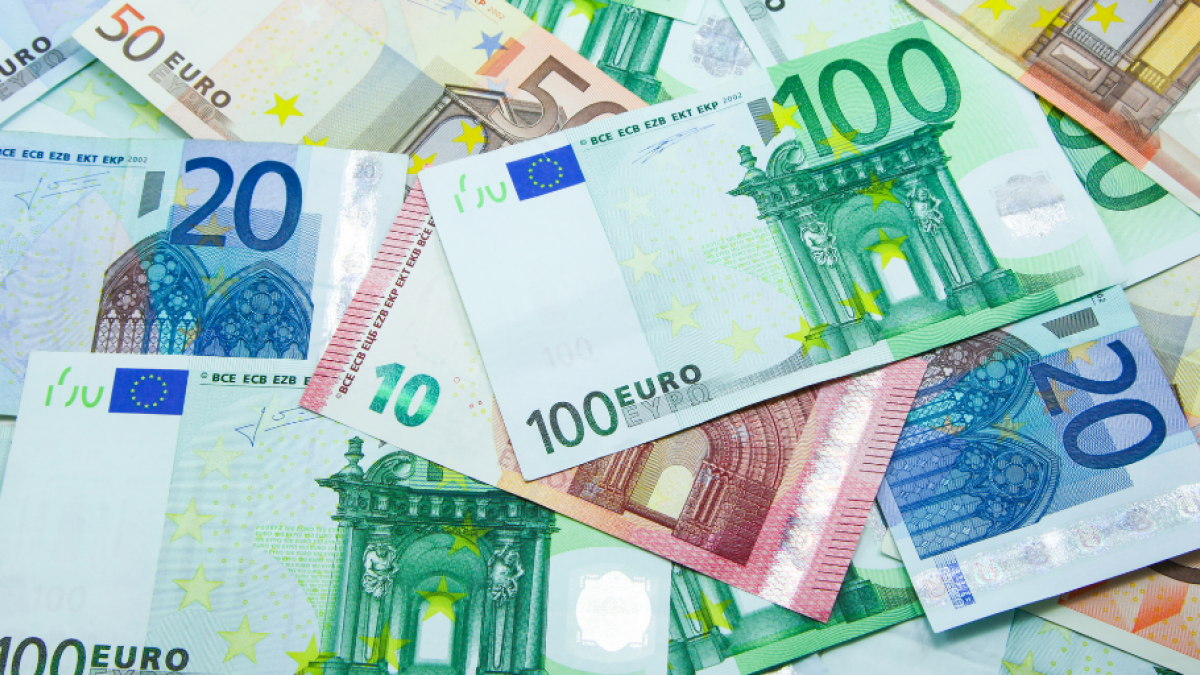The euro (€) is one of the most powerful currencies in the world. It was introduced in 1999 for electronic payments and became physical money in 2002. Today, millions of people use it every day for shopping, travel, and business. The euro helps make trade easier between countries in Europe. It also brings stability and unity to the region. One euro is made up of 100 cents. The European Central Bank manages it.
The euro is the second most-used currency in the world after the US dollar. It is used not only in the European Union but also in some non-EU countries and territories. Do you know how many countries use the euro as their official currency? In this article, we'll take a look at all the countries that use the euro, why they chose it, and how it affects their economy. Let's explore!
Also Read| What is the Currency of the United Kingdom? Check History, Denominations Here!
Countries that Use the Euro as Their Currency

As one of the strongest currencies in the world after the US Dollar, the Euro maintains its position as the second most widely used currency in the international foreign exchange market, in international debt securities, and in global trade.
As of 2025, the euro is the official currency of 20 of the 27 European Union member countries, which collectively form the Eurozone. Additionally, four microstates (Andorra, Monaco, San Marino, and Vatican City) have formal agreements with the EU to use the euro, and two other non-EU countries (Kosovo and Montenegro) have unilaterally adopted it.
Euro Area and Non-Euro Area EU Countries
The Euro Area, also known as the Eurozone, consists of the European Union (EU) countries that have adopted the euro as their official currency. The Non-Euro Area EU countries are those that have not yet adopted the euro.
Denmark is the only country with an official "opt-out" from the euro. At the same time, the others are legally obligated to adopt it once they meet the convergence criteria (also known as the Maastricht criteria). These criteria include price stability, sound public finances, a stable exchange rate, and low long-term interest rates.
Euro Area Member Countries (20)
- Austria
- Belgium
- Croatia
- Cyprus
- Estonia
- Finland
- France
- Germany
- Greece
- Ireland
- Italy
- Latvia
- Lithuania
- Luxembourg
- Malta
- Netherlands
- Portugal
- Slovakia
- Slovenia
- Spain
Non-Euro Area Member Countries (7)
These are the EU countries that have not yet adopted the euro.
| Country | National Currency | Status |
| Bulgaria | Bulgarian Lev (BGN) | Expected to join the Eurozone in January 2026. |
| Czechia | Czech Koruna (CZK) | Has not yet met the convergence criteria. |
| Denmark | Danish Krone (DKK) | Has an official opt-out and is not required to join. |
| Hungary | Hungarian Forint (HUF) | Has not yet met the convergence criteria. |
| Poland | Polish Zloty (PLN) | Has not yet met the convergence criteria. |
| Romania | Romanian Leu (RON) | Has not yet met the convergence criteria. |
| Sweden | Swedish Krona (SEK) | Has not met all the convergence criteria, and the public has voted against joining in the past. |
For You| Top 8 Countries where Indian Currency is the KING!
What Are the "Maastricht Criteria"?
To join the euro club, a country must prove its economy is strong and stable enough to handle the change. The rules for this are called the "convergence criteria", also known as the "Maastricht criteria". Think of them as a set of a few key financial tests a country must pass.
These rules were created in 1992 and are required for almost every country in the European Union (EU) to follow, except for Denmark, which has a special deal to stay out. There's no deadline to join; each country decides when it's ready to try.
The main goals of these rules are to ensure that new members won't cause problems for the existing euro area. This keeps the currency strong and stable for everyone.
The Four Main Tests
A country must show that it has:
- Low Inflation: Prices for goods and services must be stable and not rise too quickly.
- Sound Public Finances: The government must not have too much debt or a large budget deficit (meaning it spends more than it earns).
- Stable Exchange Rate: The country's currency must have been stable against the euro for at least two years.
- Low Long-Term Interest Rates: The cost of borrowing money over the long term should be low and stable, indicating a healthy economy.
How a Country Joins
The process is like a final exam for a country's economy:
- The country works to meet all the criteria.
- The European Commission and the European Central Bank (ECB) act as the judges. They check the country's progress and write a detailed report.
- If their report is positive, it's sent to the EU's finance ministers and heads of state for a final decision.
- If everyone agrees, the country is given the green light to adopt the euro. The process of printing new money and changing prices can then begin.
What's Next| Which is the Most Valuable Currency in the World?
Comments
All Comments (0)
Join the conversation